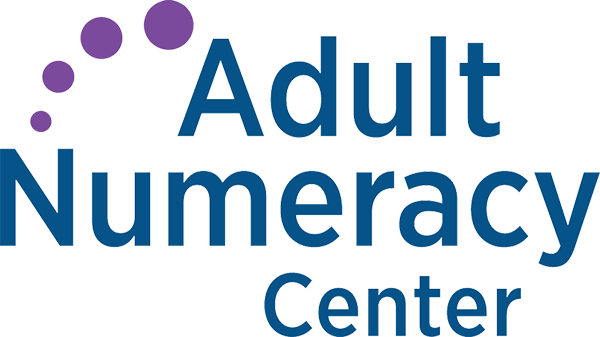Teaching Tool offerings are workshops that provide focused practice using a variety of visual models which help students build conceptual understanding.

Online PD
Note: This online workshop is Part 1 of a two-part series that serves as an introduction to a new set of digital literacy math packets. Participation in Part 2 (Temperature Conversions) is not required, but it is encouraged for educators to better understand the scope of the packets.
The CCRS Math Practice 5 states “Mathematically proficient students consider the available tools when solving a mathematical problem. These tools might include pencil and paper, concrete models, a ruler, a protractor, a calculator, a spreadsheet …”
Have you ever used spreadsheets in your math class? Do you think students need to be at a certain math level to work with platforms like Microsoft Excel, Google Sheets, or Desmos? In this 2-part workshop, we’ll begin by using handwritten work and then extend that work to explore the value of technology to advance our understanding and reasoning even further. In Part 1, you’ll learn how to investigate familiar math topics including: data collection, surveys, and pie graphs. We will examine activities from a lesson found in the new Digital Literacy with Spreadsheets packet, which all participants will receive at the conclusion of the workshop. Participants also will have access to the online workshop materials used throughout the session.
Format: facilitated online workshop
Note: This online workshop is Part 2 of a two-part series that serves as an introduction to a new set of digital literacy math packets. Participation in Part 1 (Surveys & Data) is not required, but it is encouraged for educators to better understand the scope of the packets.
The CCRS Math Practice 5 states “Mathematically proficient students consider the available tools when solving a mathematical problem. These tools might include pencil and paper, concrete models, a ruler, a protractor, a calculator, a spreadsheet …”
Have you ever used spreadsheets in your math class? Do you think students need to be at a certain math level to work with platforms like Microsoft Excel, Google Sheets, or Desmos? In this 2-part workshop, we’ll begin by using handwritten work and then extend that work to explore the value of technology to advance our understanding and reasoning even further. In Part 2, you’ll learn how to investigate familiar math topics including: patterns, in-out tables, and functions. We will examine activities from a lesson found in the new Digital Literacy with Spreadsheets packet, which all participants will receive at the conclusion of the workshop. Participants also will have access to the online workshop materials used throughout the session.
Format: facilitated online workshop
An ever-growing selection of free activities for teachers and students are designed to support students from pre-ASE to ASE level. Integrating these activities into your existing curriculum will allow students to explore and experiment with math concepts and build math skills from informal ideas. In this workshop, Desmos will be introduced as a viable tool to deepen understanding of math concepts through exploration. Come learn more about this tool that you can use to support learning in your classroom.
Format: facilitated online workshop
In this two-part online workshop series, we will explore a math unit that uses puzzles and questions with multiple solution paths to engage students in learning about properties of numbers and operations, the meaning of equality, and the power of place value. This unit also builds foundational concepts for algebra; specifically, it lays the groundwork for formal learning about properties, inverse operations, and solving equations.
Format: facilitated online workshop series
![]()
Face-to-face PD
This is a half-day, workshop designed to help you understand how number lines are important visual representations, spanning levels and domains in the CCRSAE. In addition, you will look at student work and discuss ways to integrate number lines into the classroom.
Format: face-to face workshop
This half-day, workshop is designed to help you explore using visual models across the levels and domains in the CCRSAE. Area models and arrays are wonderful tools to help students see how the basic properties of addition and multiplication work, from whole numbers to binomials. Learn how you can use them with your students.
Format: face-to face workshop
Singapore strips (also called bar models or tape diagrams) are a powerful tool for visualizing a wide variety of mathematical situations. Tape diagrams are explicitly mentioned in the CCRSAE as a tool for reasoning with ratios, and they can be used for so much more. Through using them, students can improve their number sense, problem-solving skills, and confidence. In this half-day training, you will get a taste of myriad uses of Singapore strips and have a chance to try your hand at them yourself.
Format: face-to face workshop
For a list of all of our upcoming scheduled SABES Math PD events, click here!
